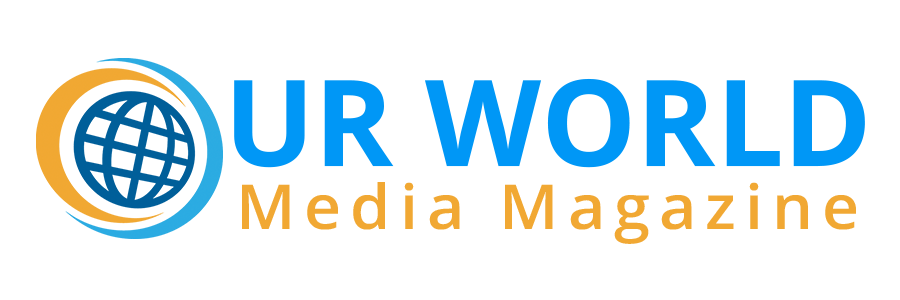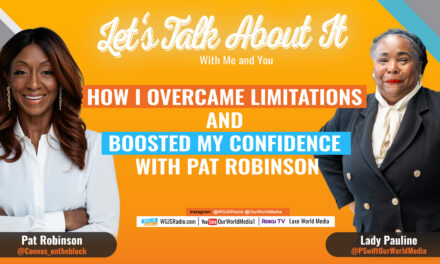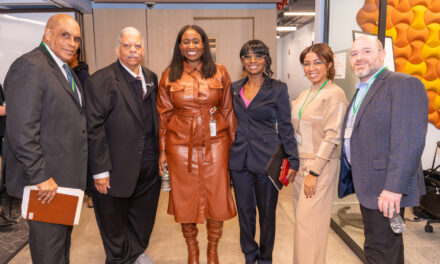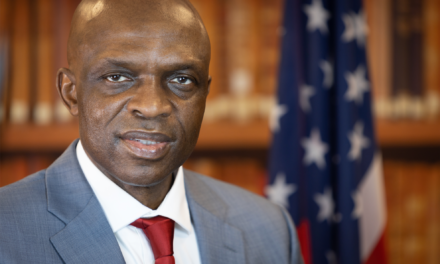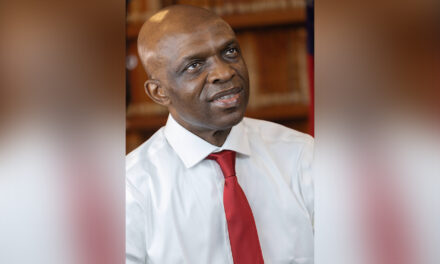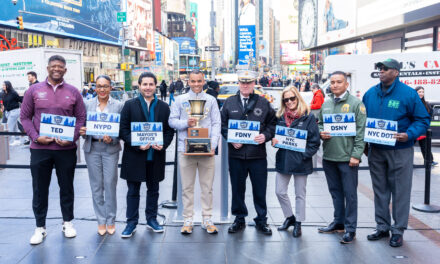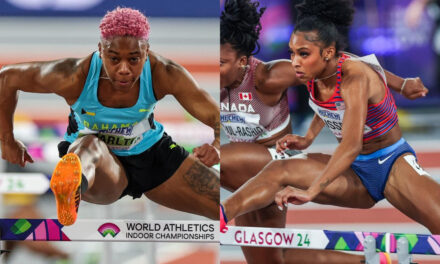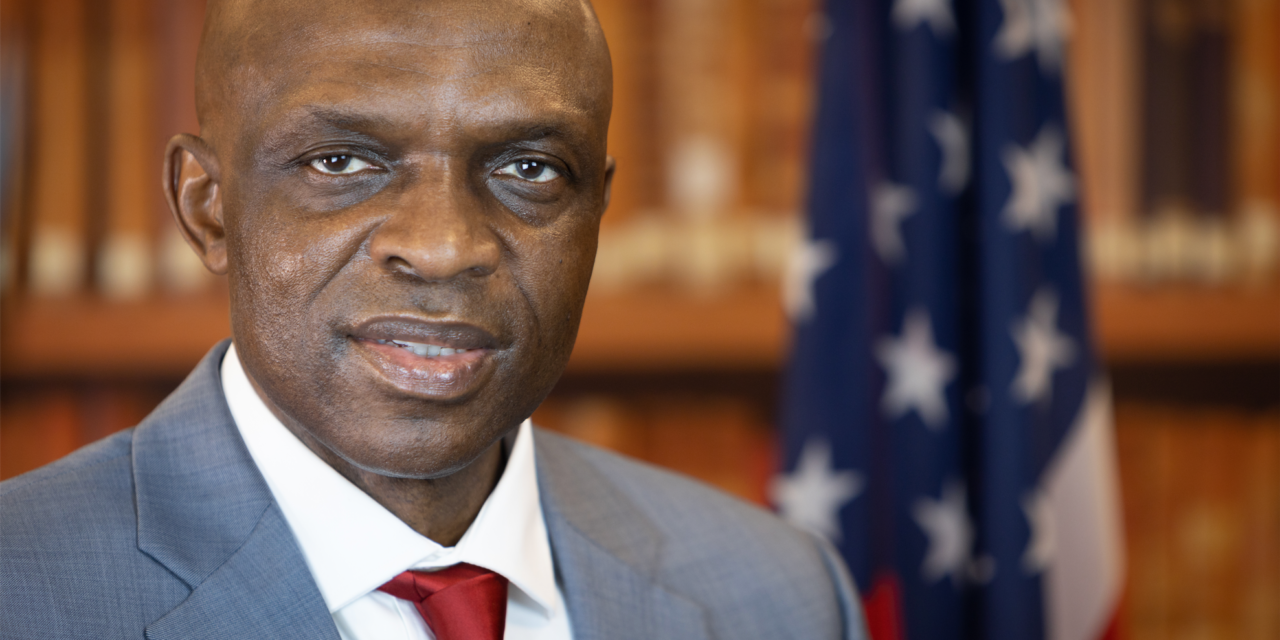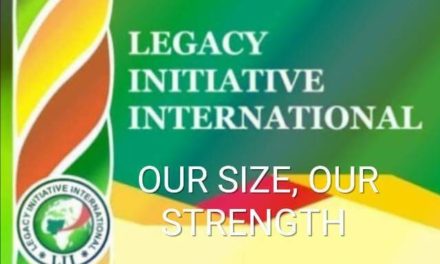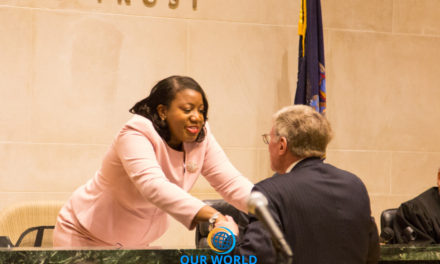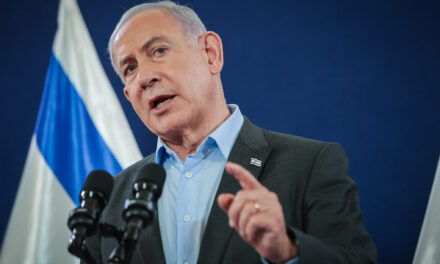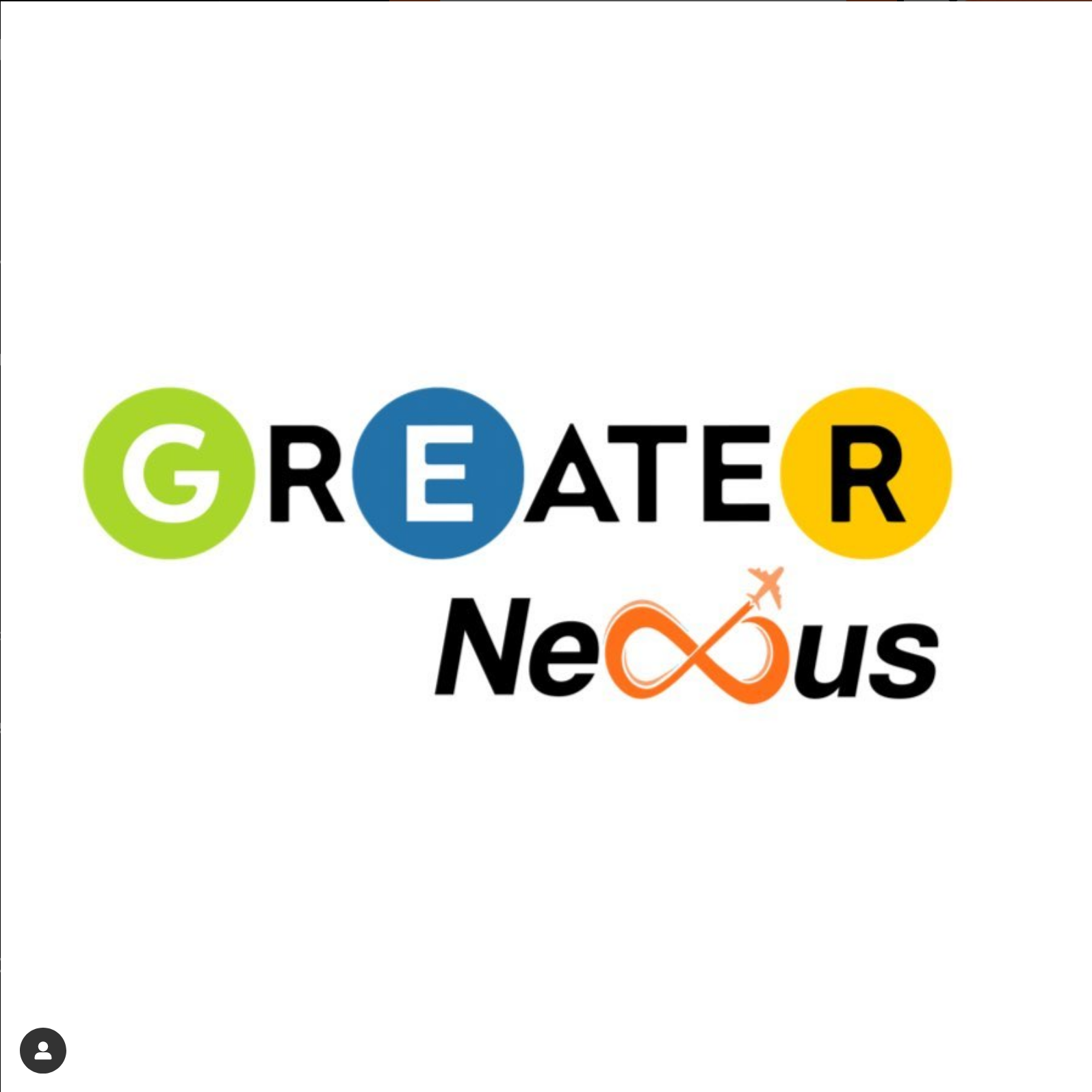Are Presidential Debates Overvalued in Determining Leadership Fitness?
As we approach the crucial September 10 presidential debate, many are eager to see who will come out on top: Vice President Kamala Harris or former President Donald Trump. Historically, debates have been viewed as a barometer of a candidate’s readiness to lead the United States, often resulting in a “bounce” for the perceived winner. However, the question remains: are these debates truly the best gauge of a candidate’s fitness to lead the free world?
Too often, the winner or loser of a debate is determined not by the substance of the discussion but by the media’s post-debate analysis. Media outlets, which can carry their own political biases, frequently shape the narrative of who performed better. In the absence of a clear media consensus, political pundits—many with known loyalties or sympathies toward particular parties—take up the mantle, influencing public perception with their own interpretations. This process raises the concern: shouldn’t there be more reliable and objective criteria to evaluate debate performance and, by extension, a candidate’s suitability for the presidency?
As a political science scholar with decades of practical experience and academic grounding, I argue that we should not place undue emphasis on debates as the primary yardstick for leadership assessment. Debates often prioritize sound bites over substance, turning complex policy discussions into a performance rather than a genuine display of leadership qualities. Recalling my own debate experiences, where extensive preparation often focused more on outmaneuvering opponents than on substantive dialogue, it’s clear that the format is inherently limited in assessing the multifaceted responsibilities of the presidency.
That said, both Harris and Trump face a significant challenge. The victor will likely enjoy a surge in momentum, as has been the case in past debates. It is my hope that both candidates will demonstrate maturity, professionalism, and a focus on the issues at hand. The eyes of the world will be closely watching, analyzing every nuance and remark.
The upcoming debate presents an opportunity for ABC News to prove that they are capable of hosting an event that transcends the spectacle and instead emphasizes substance. This debate is undeniably consequential, and there is much at stake for both candidates. While it is nearly impossible to eliminate media bias, the hope remains that coverage will adhere to principles of fairness and professionalism, allowing viewers to form their own judgments.
Ultimately, while debates serve as an important element of the electoral process, they should not be the definitive measure of a candidate’s potential to lead. As we watch Harris and Trump engage on stage, let us focus on the broader picture—one that evaluates leadership through a lens that includes, but is not limited to, the debate stage.
George Onuorah
Co- Founder and Publisher
Our World Media Magazine
Author of The Political Diary of A Rising Son
